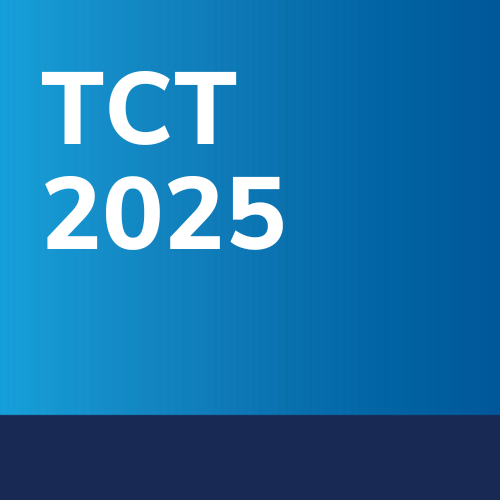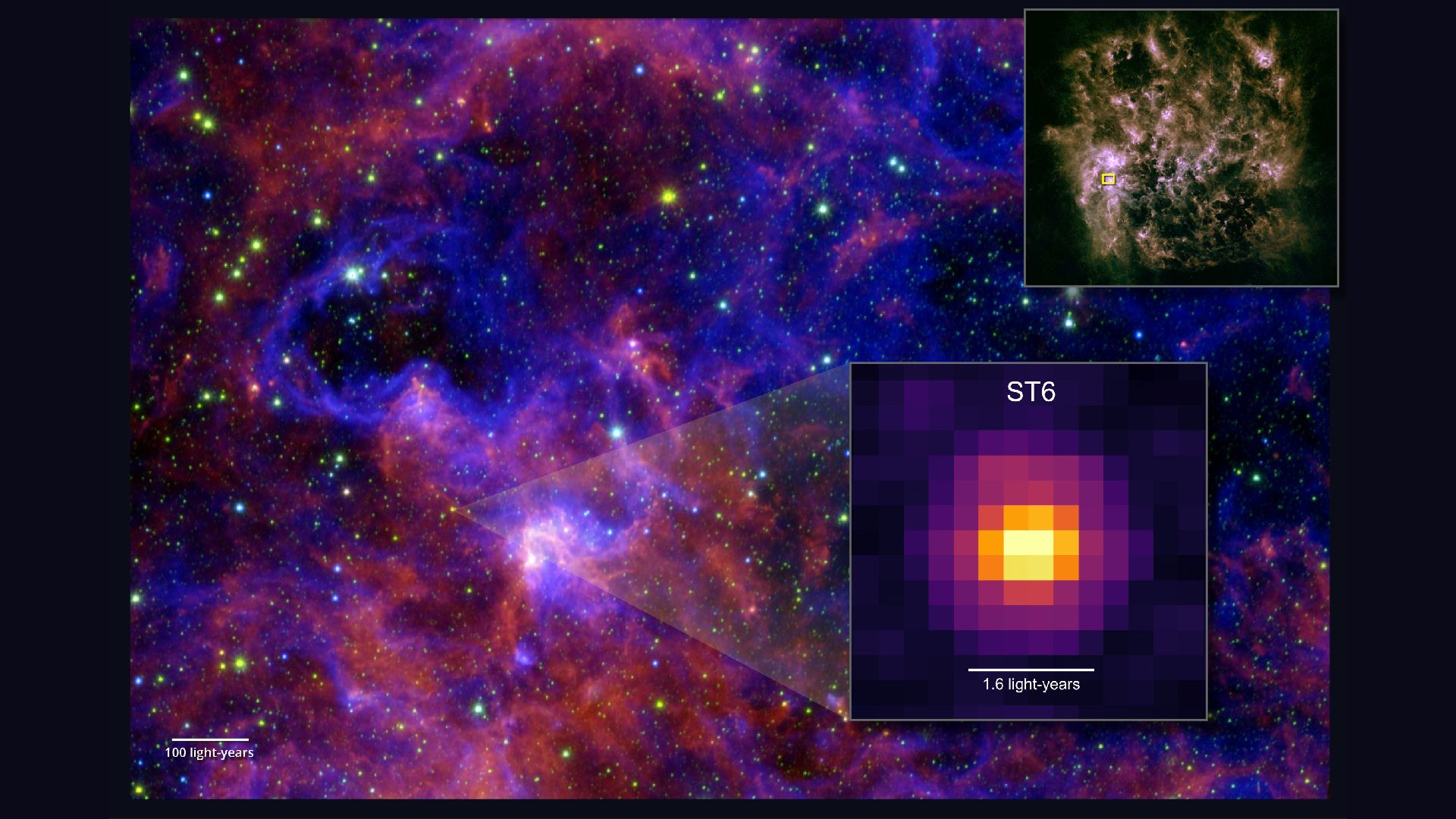Artificial intelligence (AI)-based echocardiogram (ECG) analysis significantly improved STEMI detection, reduced false activations and enhanced recognition of nonconventional presentations, according to research presented at TCT 2025 and simultaneously published in JACC: Cardiovascular Interventions. These findings support the integration of AI-based ECG analysis into acute chest pain pathways.
In one of the first large, real-world evaluations of an AI-based ECG model for STEMI triage in the emergency setting, investigators retrospectively analyzed the Queen of Hearts algorithm (PMcardio) in 1,032 patients with suspected STEMI who triggered cardiac catheterization laboratory activation at three geographically diverse PCI centers from January 2020 through May 2024. Patients were identified using activation logs maintained for ACC’s Chest Pain – MI Registry and ACC’s CathPCI Registry.
Index ECGs underwent both standard triage and blinded retrospective AI ECG analysis, which was trained to detect benign mimics and acute coronary occlusion. Of note, the reference standard was an angiographically confirmed culprit lesion with positive enzymes, and diagnostic accuracy, subgroup analyses and false-positive activation (FPA) classification were compared.
Of included patients (all ≥18 years old), 601 (58%) had confirmed STEMI. The AI ECG model outperformed standard triage by reducing FPA rates (8% vs. 42%), demonstrating higher index sensitivity (92% vs. 71%) and improving specificity (81% vs. 29%) (all p<0.001). Additionally, the AI ECG model area under the curve was 0.94, and it maintained consistent performance across clinically challenging subgroups, and reclassified 91% of biomarkers correctly.
In presenting the findings, Timothy D. Henry, MD, FACC, said, “These results indicate that AI-enhanced STEMI diagnosis at the first medical contact has the potential to shorten time to treatment and reduce false activations. This technology may be especially valuable in optimizing the transfer of STEMI patients from non-PCI centers to ensure timely and appropriate care.” However, he adds that moving forward, prospective implementation studies are needed to confirm real-world effectiveness.
In accompanying editorial comment, Mohamad Adnan Alkhouli, MD, FACC, and Abdullah Al-Abcha, MD, note the “remarkable progress” of the integration of AI into cardiovascular medicine. They add that the authors “should be commended for developing an operational AI model aimed at addressing one of the most complex and error-prone aspects of interventional cardiology practice – STEMI activation.”
Clinical Topics:
Acute Coronary Syndromes, Invasive Cardiovascular Angiography and Intervention, Interventions and ACS, Interventions and Imaging, Angiography, Nuclear Imaging
Keywords:
Transcatheter Cardiovascular Therapeutics, TCT25, Acute Coronary Syndrome, Angiography






